
The above content is mentioned in the draft Law on Cadres and Civil Servants (amended) which the Ministry of Interior is seeking opinions from agencies, organizations, and individuals both domestically and internationally.
Under what circumstances can an official be dismissed from their position?
This draft law dedicates a chapter to disciplinary procedures, with several new points proposed by the drafting agency.
Regarding exemption from liability for officials and civil servants, the draft law continues to retain the two cases of exemption from liability as in the current Law on Officials and Civil Servants.
This includes: Having to comply with an unlawful decision of a superior but having reported to the person who issued the decision before complying; and due to force majeure as stipulated by law.
In addition, the Ministry of Interior proposed another case where officials and civil servants are exempt from responsibility: " Actions that are determined by competent authorities to be acts of daring to think, daring to act, and daring to take responsibility for the common good ."
Regarding disciplinary measures for officials, the draft law clearly states that officials who violate the provisions of this law and other relevant laws shall, depending on the nature and severity of the violation, be subject to one of five disciplinary measures: reprimand; warning; demotion; dismissal; or removal from the position or title previously held.
" Dismissal from office only applies to officials who have been approved to hold their positions for a fixed term ," the draft law states.
Furthermore, the application of disciplinary measures, authority, procedures, and processes for handling disciplinary actions against officials are carried out in accordance with the law, the Charter of the Communist Party of Vietnam , political and social organizations, and documents of competent agencies and organizations.
According to the current Law on Cadres and Civil Servants, cadres are subject to disciplinary action in four forms: reprimand, warning, demotion, and dismissal.
Thus, compared to current regulations, the Ministry of Interior proposes a new form of punishment: revoking the official title or position previously held by the offending official.
5 forms of disciplinary action against civil servants
Regarding disciplinary measures for civil servants, the Ministry of Interior proposes that civil servants who violate the provisions of this law and other relevant laws shall, depending on the nature and severity of the violation, be subject to one of five disciplinary measures: reprimand; warning; demotion; dismissal; or removal from the position or title previously held.
According to the current Law on Cadres and Civil Servants, for civil servants holding leadership and management positions, the disciplinary measures include: reprimand, warning, salary reduction, demotion, dismissal, and forced termination of employment. For civil servants not holding leadership or management positions, there are no disciplinary measures such as demotion or dismissal; only four forms of disciplinary action are included: reprimand, warning, salary reduction, and forced termination of employment.
Regarding the statute of limitations for disciplinary action, the draft Law on Cadres and Civil Servants (amended) clearly states that the statute of limitations for disciplinary action is the period after which a cadre or civil servant who committed a violation will not be subject to disciplinary action. The statute of limitations for disciplinary action is calculated from the time the violation occurred.
The time limit for disciplinary action against officials and civil servants is the period from the discovery of the disciplinary violation by the official or civil servant to the issuance of a disciplinary decision by the competent agency or organization.
Furthermore, the draft law also stipulates that the implementation of other regulations related to the discipline of officials and civil servants shall be carried out in accordance with the law and the provisions of the competent authority.
PV (compiled)Source: https://baohaiduong.vn/de-xuat-mien-trach-nhiem-voi-can-bo-dam-nghi-dam-lam-vi-loi-ich-chung-408465.html



![[Image] Vietnam's colorful journey of innovation](/_next/image?url=https%3A%2F%2Fvphoto.vietnam.vn%2Fthumb%2F1200x675%2Fvietnam%2Fresource%2FIMAGE%2F2025%2F12%2F14%2F1765703036409_image-1.jpeg&w=3840&q=75)




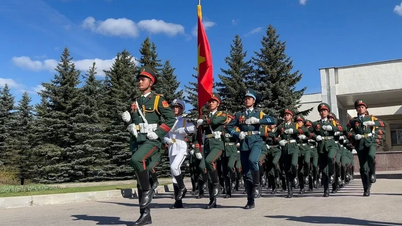





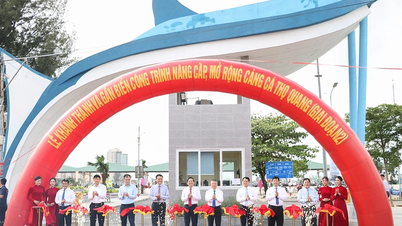














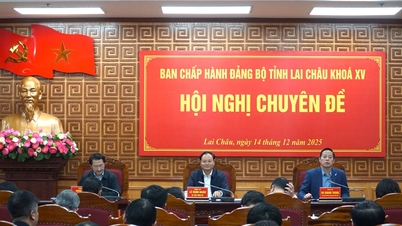

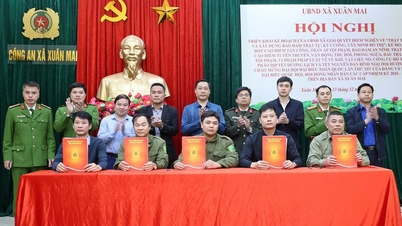





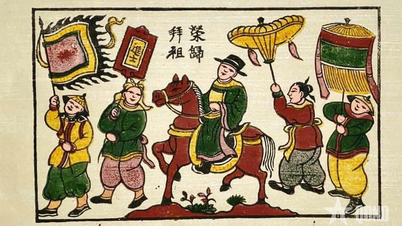
































![[Image] Vietnam's colorful journey of innovation](https://vphoto.vietnam.vn/thumb/402x226/vietnam/resource/IMAGE/2025/12/14/1765703036409_image-1.jpeg)






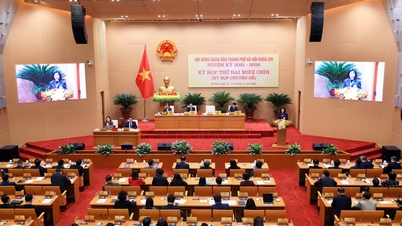







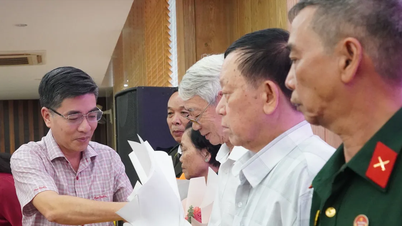
















Comment (0)